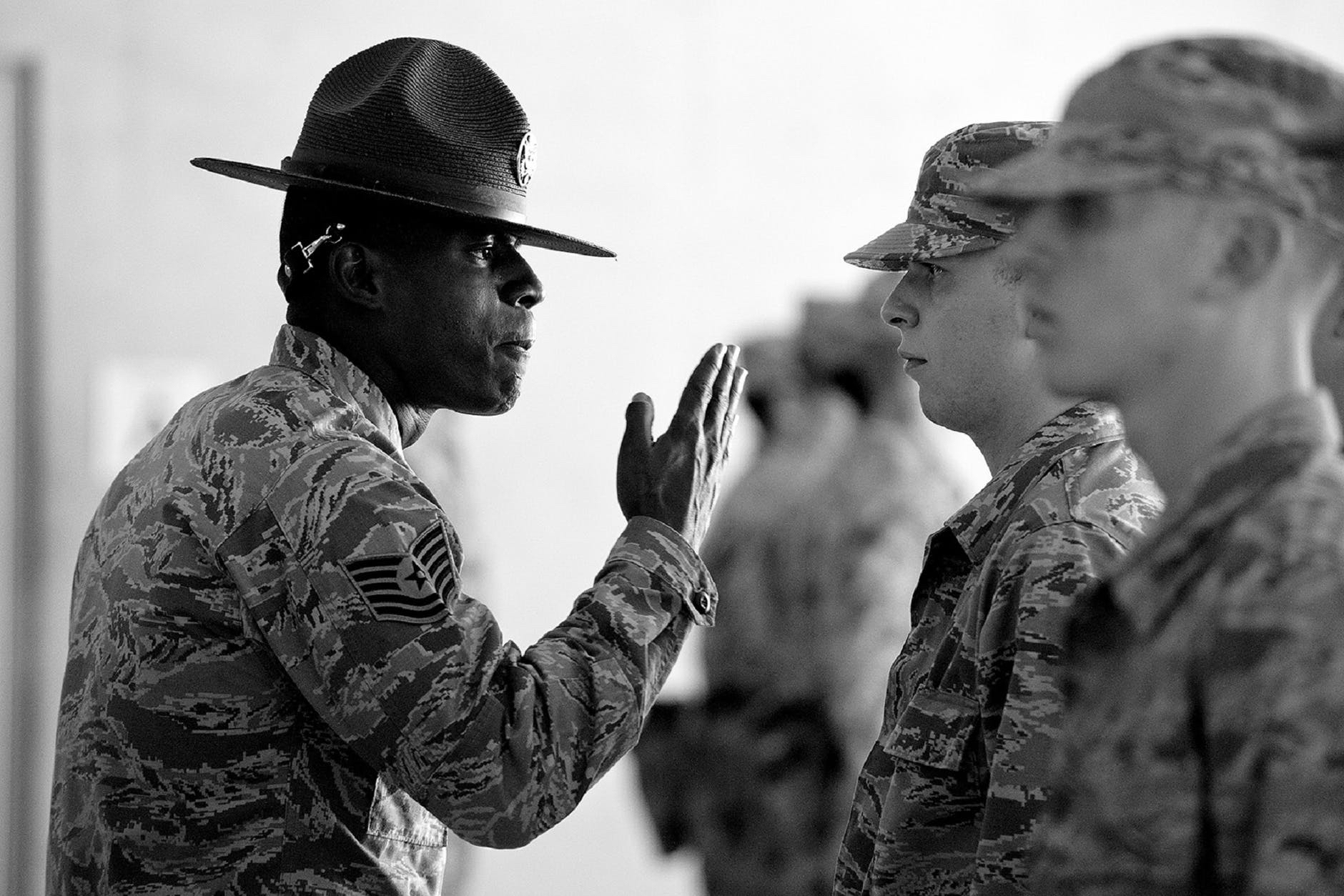Levels of Authority
Everyone has a hierarchy that they report to, in one way or another. For some, this is identified through religious structure. Others, political. Still others, the list goes on. Everyone has this systematic structure of authority in their lives.
For those that adhere to a set of religious beliefs, this chain of command typically starts with their local local priest/pastor/rabbi/ecumenical leader. A personal relationship was formed that started this intentional choice to submit to this optional method. The local rep then reports to a higher up, so on and so forth.
In politics, it’s the same thing, just different job titles.
The same goes for unions, places of business, and other financial relationships and transactions.
Even outside of a religious or political mindset, most individuals have their assigned “supervisors” for different parts of their lives: primary care physician, parental figure, life coach, police officer, boss, etc. The list goes on.
Everyone has a hierarchy that they report to, in one way or another. Even you.
These authority structures can tell us a lot about the person. For example, if one looks to a politician as a source of authority and inspiration in their life, then we can see the values that they hold. The same goes for religious influence, employment, relationship with the law, and so forth.
Today’s COVID era has taught us to rely on digital relationships and connections. A systematic issue with this is the belief that one can share what they want online without consequence. As we learn far too often, what goes online stays online.
The influence a person allows into their life tells us not only who they are and what they value, but who they will be and what they will value as well. It’s not always easy to read, but it’s there. If we can look for the right signifiers, we can decode it. Mentalists do this all the time.
Who is it that you look up to? Who is it that you view as an authority in your life? Regardless of circumstance and age, we all choice the authority figures that we hold up in high regard. It’s free will, and it’s essential that we exercise the free will to not only refuse to create an idol out of the person, but also to only look up to those who can lift us up instead of those who can do nothing but drag us down.
People are always changing, but they aren’t always growing. As we exit the Three Weeks and enter the period of reflection we call the month of Elul, it’s essential we take stock not only of who we are, but also who we look up to.
Then, and only then, can we effect real change for the better and keep the momentum.

